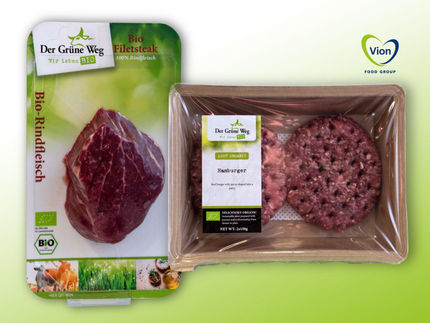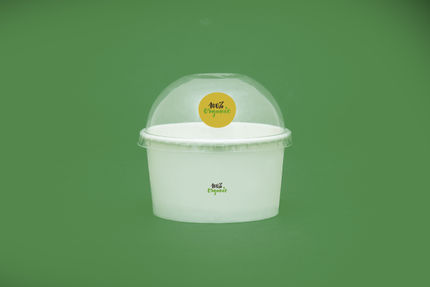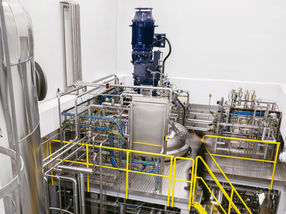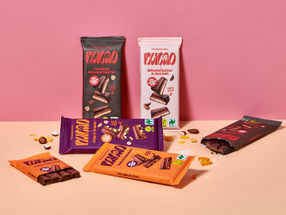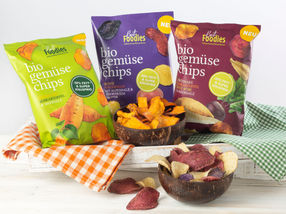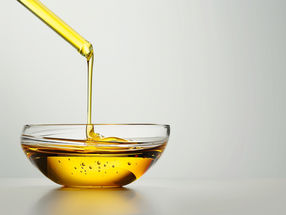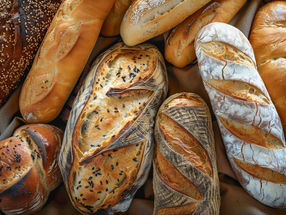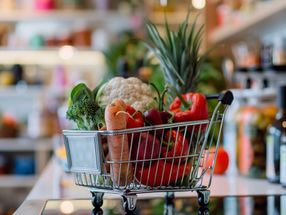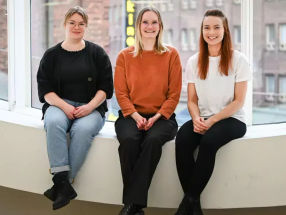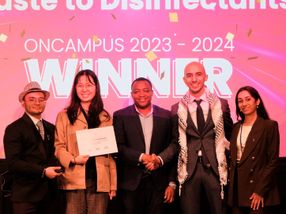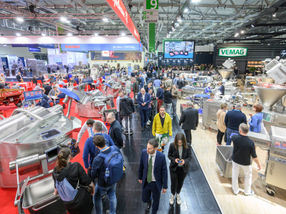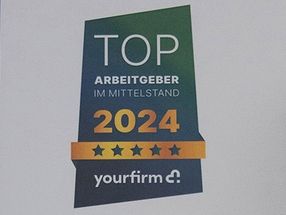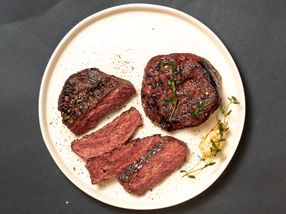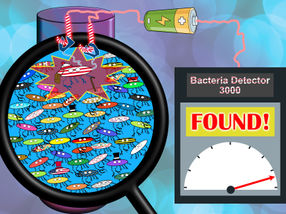GMO-free claims in German dairy launches now twice the European average
Mintel’s Global New Products Database (GNPD) reveals that the share of GMO-free claims in dairy launches in Germany amounted to 15% between August 2016 and July 2017, up from 7% during the same time period in the previous year. GMO-free claim activity in Germany, thus, now doubles the European average, which has remained stable at 7% of all dairy products since 2015.
Speaking at Drinktec in Munich today (15th September), Julia Büch, Food and Drink Analyst at Mintel, covering the German market, said:
"Germany’s dairy sector has experienced a strong rise in new launches with GMO-free claims, outpacing the European average. GMO-free claims are becoming an important quality differentiator in particular among conventional, non-organic ranges. The rise in GMO-free claims is actively pushing public awareness of the fact that dairy products may derive from animals fed genetically modified feed."
Most dominant in the rise of GMO-free claims across Germany’s dairy category is the white milk segment. In 2016, GMO-free claims in the white milk segment were present in over two out of five (44%) new launches, followed by yogurt (10%), butter (9%), and cheese (8%).
And while Germany is the leading European market in terms of GMO-free product innovation, Mintel research shows that the idea of genetically modified food faces strong resistance in Europe. Among countries surveyed by Mintel, the share of consumers opposed to genetically modified food is highest in Germany (41%), followed closely by France (40%), Italy (38%), Poland (32%) and Spain (31%).
Julia Büch continued:
"The rise of GMO-free claims in Germany’s dairy sector follows in the footsteps of the country’s booming organic market, which continues to grow as consumers are becoming increasingly conscious about the origins and quality of their food."
The rising use of GMO-free claims comes as the organic market grows its visibility. Indeed, nearly a quarter (24%) of dairy launches in Germany in 2016 were labelled as organic. Organic production following Germany’s “Bio” scheme also requires the strict avoidance of GM animal feed, but allows for a higher threshold for the presence of incidental or technically unavoidable GM ingredients. Profiting from an inherently natural image, just 10% of organic dairy launches in Germany in 2016 highlighted that they were free of GM ingredients.
"GMO-free claims are becoming more and more important to consumers. Overall, the rise of GMO-free claims in Germany responds to consumers’ distinct resistance towards foods made with genetic engineering. Such growing awareness, combined with a rising interest in food origin and transparency, is set to further fuel the development of the non-GMO dairy sector," concludes Julia Büch.
Most read news
Organizations
Other news from the department business & finance

Get the food & beverage industry in your inbox
From now on, don't miss a thing: Our newsletter for the food & beverage sector brings you up to date every Tuesday and Thursday. The latest industry news, product highlights and innovations - compact and easy to understand in your inbox. Researched by us so you don't have to.
